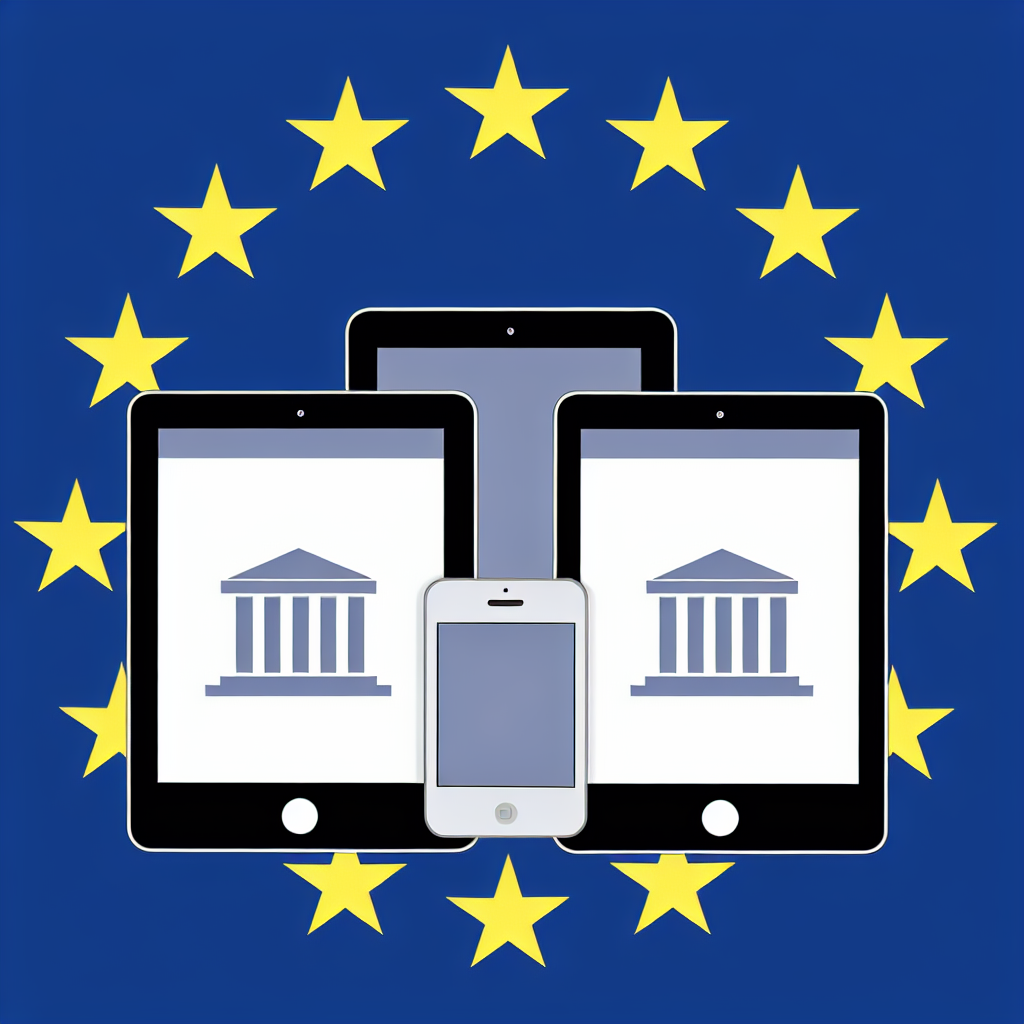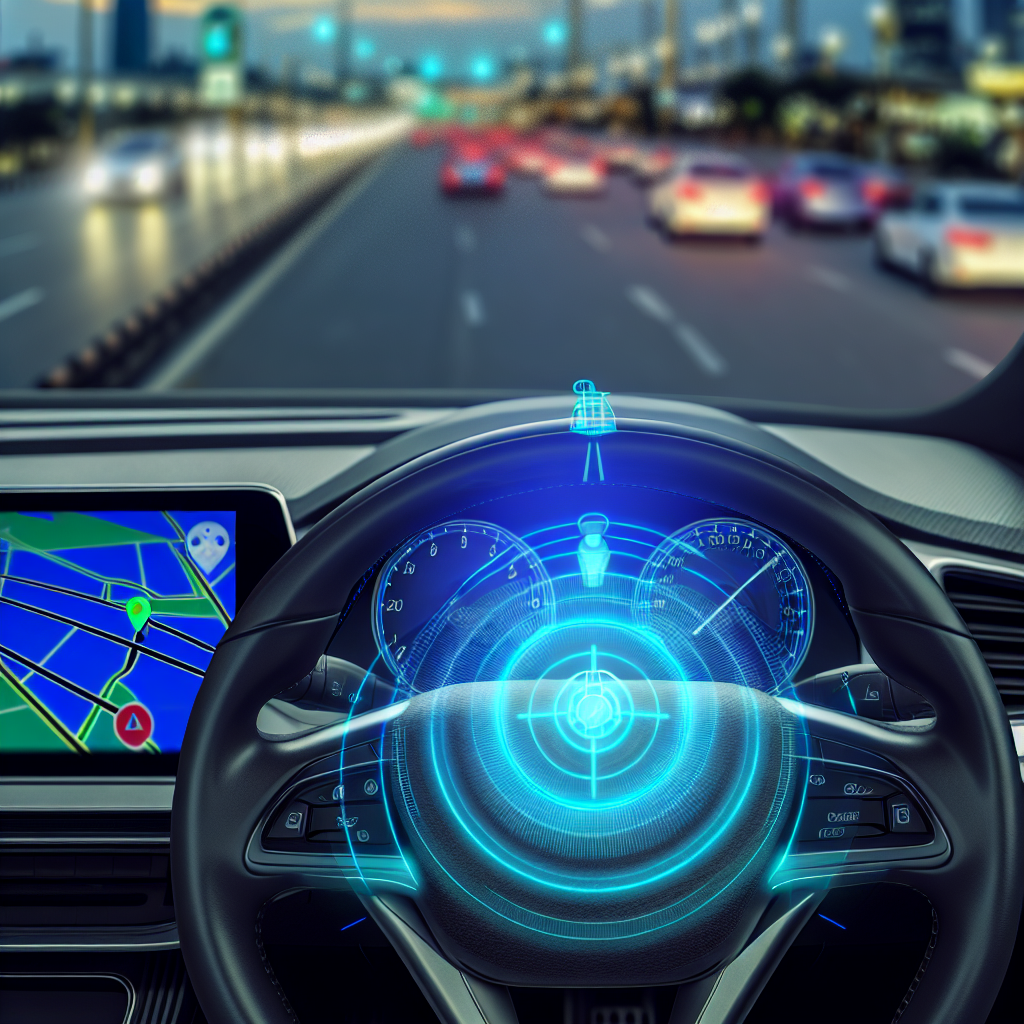The Impact of EU Regulations on iPads and iPhones: A Comprehensive Analysis
The European Union (EU) has long been known for its stringent regulations and standards when it comes to consumer products. From food safety to environmental protection, the EU has been at the forefront of ensuring that products sold within its member states meet the highest standards. In recent years, this focus on consumer protection has extended to electronic devices, including smartphones and tablets. As a result, both iPhones and iPads are now required to follow strict EU rules.
One of the key areas of concern for the EU when it comes to electronic devices is the safety of the materials used in their construction. This includes everything from the plastics used in the casing to the batteries that power the devices. The EU has set limits on the amount of certain hazardous substances, such as lead and mercury, that can be present in these products. This is to protect both consumers and the environment from the potential harm caused by these substances.
In addition to material safety, the EU also has regulations in place to ensure that electronic devices are designed and manufactured in a way that minimizes their impact on the environment. This includes requirements for energy efficiency, recyclability, and the use of sustainable materials. For example, devices must meet certain energy efficiency standards to be sold within the EU. This not only helps to reduce greenhouse gas emissions but also saves consumers money on their energy bills.
Another area where the EU has imposed regulations on iPhones and iPads is in terms of their functionality and interoperability. The EU has been pushing for greater standardization and compatibility between different electronic devices, including smartphones and tablets. This is to ensure that consumers are not locked into a particular brand or ecosystem and can easily switch between devices if they choose to do so. As a result, Apple has had to make changes to its operating system and software to comply with these regulations.
Furthermore, the EU has also taken steps to protect consumers’ rights when it comes to electronic devices. This includes regulations on warranties and repairs. For example, Apple is now required to provide a minimum two-year warranty on its products sold within the EU. Additionally, consumers have the right to have their devices repaired or replaced if they are faulty or do not meet the advertised specifications. These regulations aim to ensure that consumers are not left out of pocket if their devices develop faults or fail to perform as expected.
Overall, the impact of EU regulations on iPhones and iPads is significant. These regulations cover a wide range of areas, from material safety to environmental impact, functionality, and consumer rights. While these regulations may add to the cost and complexity of bringing these devices to market, they ultimately benefit both consumers and the environment. By ensuring that iPhones and iPads meet the highest standards, the EU is helping to protect consumers and promote sustainable and responsible manufacturing practices.
Understanding the EU’s Strict Rules for iPads and iPhones: What You Need to Know

iPads join iPhones in requirement to follow strict EU rules
The European Union (EU) has long been known for its stringent regulations and rules when it comes to consumer protection. Recently, the EU has expanded its reach to include not only iPhones but also iPads. This means that both devices must adhere to the same strict guidelines set forth by the EU.
One of the main reasons for this expansion is the increasing popularity of iPads in the European market. As more and more consumers turn to iPads for their daily tasks and entertainment, it has become crucial to ensure that these devices meet the same high standards as iPhones.
So, what exactly are these strict rules that iPads and iPhones must follow? Firstly, the EU requires that all electronic devices sold within its member states must be safe for consumers to use. This means that iPads and iPhones must undergo rigorous testing to ensure that they do not pose any health or safety risks.
Additionally, the EU has specific regulations regarding the materials used in the manufacturing of these devices. For example, there are limits on the amount of hazardous substances, such as lead and mercury, that can be present in iPads and iPhones. This is to protect both consumers and the environment from potential harm.
Furthermore, the EU requires that iPads and iPhones be designed in a way that allows for easy repair and recycling. This is part of the EU’s commitment to promoting a circular economy and reducing electronic waste. Manufacturers must provide consumers with access to spare parts and repair information, and devices should be designed in a way that allows for easy disassembly and recycling.
In addition to these safety and environmental regulations, the EU also has strict rules regarding privacy and data protection. With the increasing amount of personal information stored on iPads and iPhones, it is crucial to ensure that this data is adequately protected. The EU requires that manufacturers implement robust security measures to safeguard user data and inform consumers about how their data is being collected and used.
To enforce these rules, the EU has the power to impose fines and penalties on manufacturers who fail to comply. These fines can be substantial, serving as a strong deterrent for companies to ensure that their devices meet the EU’s strict requirements.
It is important for consumers to be aware of these regulations when purchasing iPads and iPhones. By choosing devices that comply with the EU’s rules, consumers can have peace of mind knowing that their safety, privacy, and the environment are being protected.
In conclusion, iPads have now joined iPhones in being required to follow the strict rules set forth by the EU. These rules cover a wide range of areas, including safety, environmental impact, and data protection. By adhering to these regulations, manufacturers can ensure that their devices are safe, environmentally friendly, and respect user privacy. As consumers, it is essential to be aware of these regulations and choose devices that comply with the EU’s standards.
Compliance with EU Regulations: How iPads and iPhones Adapt to Stricter Guidelines
iPads and iPhones have become an integral part of our daily lives, serving as powerful tools for communication, entertainment, and productivity. As these devices continue to evolve, so do the regulations that govern their use. In recent years, the European Union (EU) has implemented stricter guidelines to ensure the safety and privacy of its citizens. As a result, both iPads and iPhones are now required to comply with these regulations.
One of the key areas of focus for the EU is data protection. With the increasing amount of personal information stored on these devices, it is crucial to safeguard this data from unauthorized access or misuse. To address this concern, Apple has implemented a range of security features on its devices. These include encryption, biometric authentication, and secure storage. By adhering to these strict guidelines, iPads and iPhones provide users with peace of mind knowing that their personal information is well-protected.
Another important aspect of EU regulations is the reduction of electronic waste. With the rapid pace of technological advancements, electronic devices are being replaced more frequently, leading to a significant increase in electronic waste. To combat this issue, the EU has introduced the concept of “circular economy,” which promotes the reuse and recycling of electronic devices. Apple has embraced this concept by offering trade-in programs and recycling initiatives for its products. By encouraging users to trade in their old devices for newer models or recycling them responsibly, Apple is actively contributing to the reduction of electronic waste.
In addition to data protection and waste reduction, the EU also places great emphasis on product safety. This includes ensuring that devices meet certain standards for electrical safety, electromagnetic compatibility, and radio frequency exposure. Apple has always been committed to delivering high-quality and safe products to its customers. To comply with EU regulations, Apple conducts rigorous testing and certification processes to ensure that iPads and iPhones meet these safety standards. This not only protects users from potential hazards but also enhances the overall user experience.
Furthermore, the EU has introduced regulations to promote accessibility for individuals with disabilities. These regulations aim to ensure that electronic devices are usable by everyone, regardless of their physical or cognitive abilities. Apple has long been a pioneer in accessibility features, with its devices offering a wide range of options for individuals with visual, hearing, or motor impairments. By adhering to EU guidelines, Apple continues to enhance the accessibility of its products, making them more inclusive and user-friendly.
In conclusion, iPads and iPhones have adapted to the stricter guidelines set forth by the EU to ensure compliance with regulations related to data protection, waste reduction, product safety, and accessibility. By implementing robust security measures, promoting recycling initiatives, meeting safety standards, and enhancing accessibility features, Apple has demonstrated its commitment to providing users with devices that not only meet their needs but also adhere to the highest standards of safety and privacy. As technology continues to advance, it is essential for companies like Apple to stay abreast of evolving regulations and adapt their products accordingly, ultimately benefiting both consumers and society as a whole.


